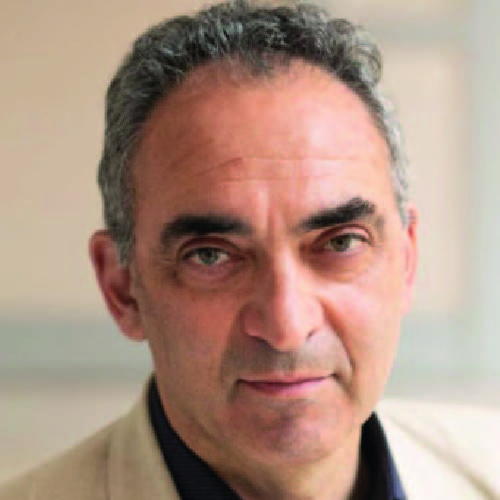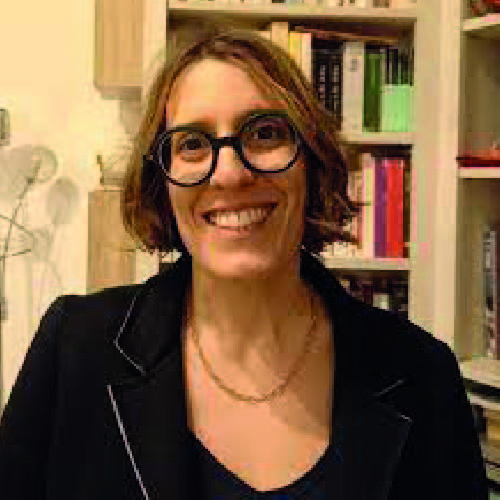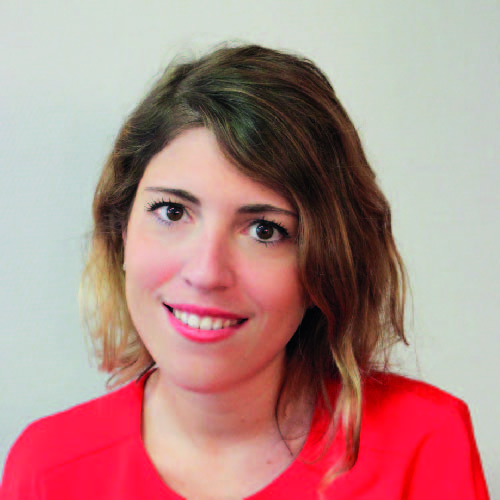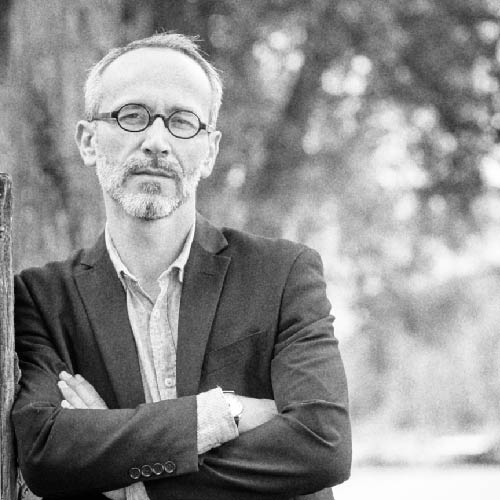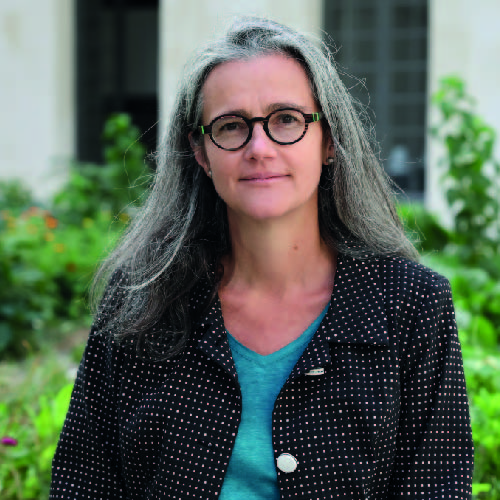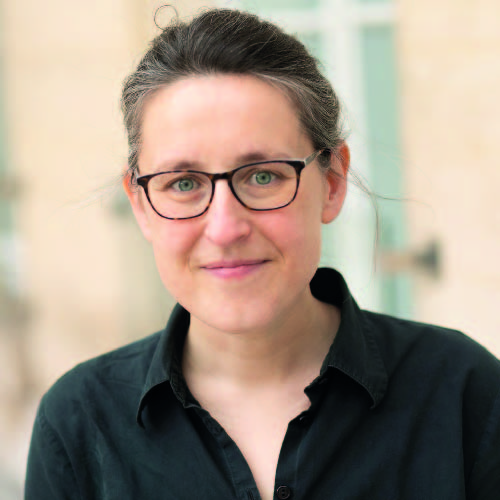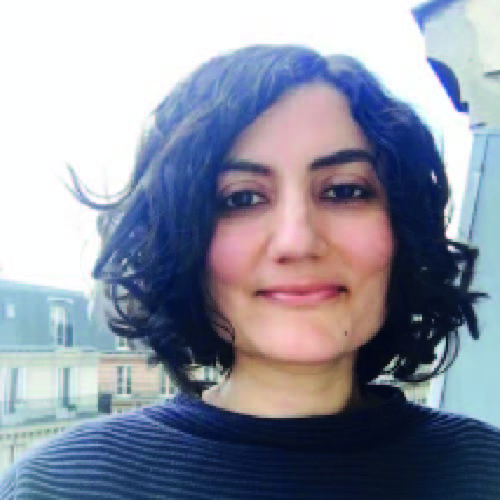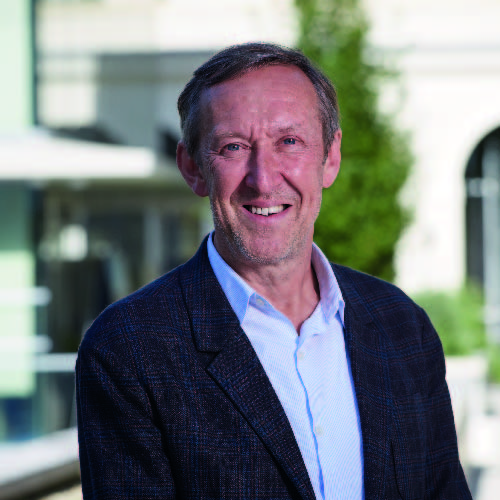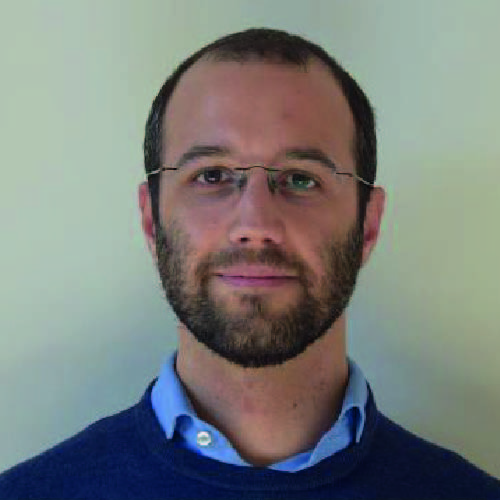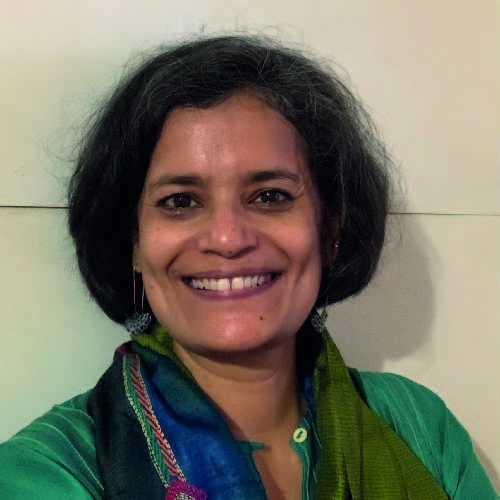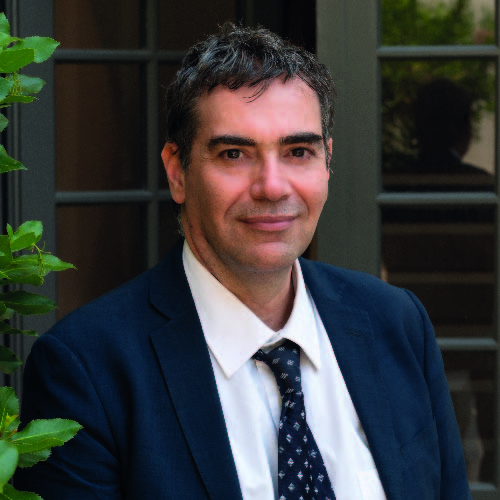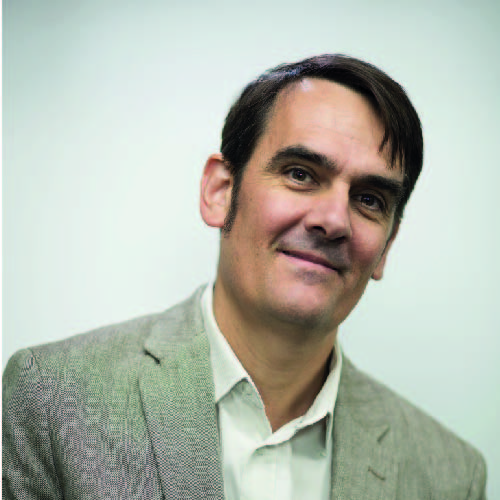AESOP 2024 ANNUAL CONGRESS | ROUNDTABLES
36th AESOP Annual Congress 2024 Paris, France
“GAME CHANGER? Planning for just and sustainable urban regions”
Unlocking the Future of Planning. Knowledge, Action, and Reflection for Urban Sustainability, Health, and Well-being of Future Cities and Territories
Organizers and speakers:
- Enza Lissandrello, Aalborg University, Ecole d’ Urbanism de Paris (EUP)
- Nacima Baron, Gustave Eiffel University
- Marcus Zepf, Ecole d’urbanisme de Paris (EUP), Université Paris Est Créteil (UPEC)
Health, well-being, and urban planning are inevitably linked. Urban planning, since its origin, has traditionally addressed issues related to urban health and well-being. However, the multiple crises intertwined with the climate in the post-
pandemic, such as the energy crisis as well as threats to peace in the world, new migration trends, and widespread urbanisation, are worsening the human conditions for urban health and well-being. This special session aims to address research on rethinking the paradigm of knowledge, action, and reflection that will keep planning as an idea of value in the contingency of multiple crises. Interrelated aspects have become urgent issues for human survival due to the acro- dynamics of the global urban society. Moreover, micro-practices of citizens in the everyday pose several socio-economic and socio-environmental threats to urban infrastructure. Planning knowledge, action, and reflection must become transformative to address this complexity and the interrelated issues of sustainability, health, and well-being.
This session invites planning scholars to present fundamental, practical, and applied research on:
Interdisciplinary and multidisciplinary knowledge co-production and interfacing academic disciplines to the understanding of vulnerabilities of urban sustainability, urban health, and well-being in cities and their spatial relationships.
Challenges combining disciplines and approaches seem to be a condition for developing knowledge. However, questions remain on which factors and evidence-based assessments and evaluation, the development and transversal approaches would improve a progressive planning paradigm to address interrelated aspects of urban sustainability, urban spatiality, and health, unequal urban geographies of spaces and people.
Methodologies that utilise deliberative and participatory approaches to unravel inequality in urban infrastructure, urban health and well-being that materialise in progressive methodologies of action and reflection in spaces, infrastructures and citizen-science opening perspectives and re-orientations to understand urban ecosystems and urban health, health inequities in urban areas and interrelatedaspects of climate change including urban governance for
health and well-being in cities.
Case studies research on urban inequalities operationalised in urban infrastructure, the environment and the urban lifestyle of citizens that focus on the uneven distribution of socio-environmental pressures in different social groups and attempt to address the complex factors that influence the possible urban health trajectories of communities and citizens.
The session invites presentations on questions aimed to advances in knowledge, action and reflection that consider but are not limited to:
- Approaches grounded on the Anthropocene or “planetary limits” of widespread urbanisation
- Approached that aim to break dichotomies and oppositions between culture and nature, which tends to de-structure the dominant paradigms of action and thought
- Approaches grounded on political ecology, “ecological humanities," and ecofeminism
- Approaches grounded on ‘the right’ to urban health and well-being in urban environments and the climate effects of human activities
- Approaches to Urban Governance, mutual learnings and reflexivity for Urban health and well-being in Cities and territories
The session intends to establish a platform for a dialogue to think of planning as a triangulation of knowledge, action and reflection. The aim is to combine disciplines and perspectives to understand the links between urban aspects of sustainability, health and well-being and to articulate questions that have the potential to unlock the future of planning.
Keywords: Transformative planning; Power and Public Deliberation; Infrastructural Citizenship; Mutual Learning and Reflexivity.
BEYOND THE PROCESS: DIFFICULTIES FOR THEORISATION WITHIN PLANNING RESEARCH AND PRACTICE – (Hosted within track 10: Theories)
Organizers
Christopher Maidment, University of Reading
Martin Sondermann, Academy for Territorial Development in the Leibniz Association
Contributors
Chris Webster, University of Hong Kong
Raine Mäntysalo, Aalto University
Meike Levin – Keitel, University of Vienna
Luke Juday, TU Wien
This roundtable brings together contributors to the ARL Working Group; ‘Beyond the Process – Finding common ground for a discussion on planning’s substantial foundation’, to discuss the difficulties associated with grasping a common theoretical foundation for spatial planning.
Spatial planning activities often struggle for legitimacy in the face of populist politics, neoliberal forces and moves towards automation and digitisation, exacerbated by their often lacklustre contributions to addressing multiple crises (e.g. environmental, housing, economic etc.). Consequently, a lack of substantial theoretical foundation can be framed as undermining the discipline’s continued existence; without a substantial foundation how do we effectively communicate the positive contribution made by spatial planning and those that practice it in the face of such powerful forces? How do we communicate the importance of spatial planning to those who might be interested in practicing it in the future?
Reflecting on the importance of theory in educating future planners, John Forester writes about the normative role of planning theory:
“I take the task of planning theory only in part to do justice to the experience of contemporary planners facing the uncertainties, conflicts and political complexities they confront. But planning theory should do more: it should address possibilities for still better planning, possible directions for innovative work, avenues toward greater social welfare and lesser exploitation and domination, avenues toward lesser environmental degradation and toward more beautiful human environments. I take the challenge of planning theory to be not simply de‐constructive, exposing false promises and self‐serving rhetoric of ideologues, for example, but reconstructive, informing possibilities for human and environmental betterment.”
(Forester, 2007, p.242)
Yet, the starting assertion for the roundtable is that our body of planning theories has become overly focused on procedural approaches, whilst being, simultaneously, often impracticable for practitioners and belying a lack of agreement amongst academics about what constitutes a substantial foundation for spatial planning. Starting from this premise, each contributor will discuss their perspective on the ‘sore spots’ of planning theory:
- What is missing or lacking from our current constellation of planning theory?
- Which aspects of spatial planning require further attention in planning theory?
- What theoretical approaches can move us away from the tensions between theories of planning focused on substance and procedure?
Ultimately, the roundtable aims to stimulate discussion around the state of contemporary planning theory and consider whether a common theoretical foundation for planning is possible or desirable.
Reference
Forester, J. (2004). Reflections on trying to teach planning theory. Planning Theory & Practice, 5(2), 242–251.
Key words: Planning theory, substantive theories, procedural theories
LOC
The Local Organising Committee
